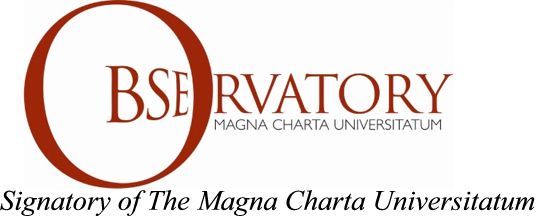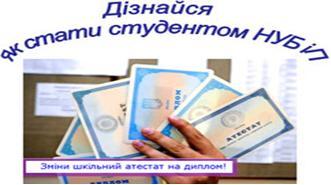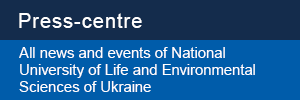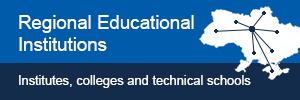"To become eternal, the word must sound in time": NULES has discussed topical philosophical problems of modern science and education
On November 18, the NULES of Ukraine hosted the Inter-University Scientific and Methodological Seminar "Topical Philosophical Problems of Modern Science and Education". Starting from this event the Philosophy Week, commemorating the World Philosophy Day, was solemnly initiated by the Department of Philosophy. The event has been held for several consecutive years at the initiative of Professor Vasyl Shynkaruk, Dean of the Faculty for Humanities and Pedagogics.
The main purpose of this holiday is to bring philosophy closer to everyone: academics, students and a wide audience, all those who are interested in such activities, which open new opportunities and spaces for philosophical reflection, critical thinking and discussion. Also, the essence of celebration is to find a common platform for discussing the global socio-cultural changes that are taking place in our time, to engage people in the philosophical heritage, to open up the sphere of everyday thinking to new ideas, and to stimulate public debate of thinkers and civil society about challenges facing the society today.


Opening the event, Deputy Dean for Science Svitlana Kharchenko noted that teaching philosophy is an extremely important component of modern higher education. Head of the Department of Philosophy Inna Savytska said, “I hope that this week will prove to be intellectually and emotionally intense for us as we try to make our events interesting for both pupils, students and instructors. After all, the Faculty for Humanities and Pedagogics, the Department of Philosophy, are always a platform for a lively discussion, for the development of creative thinking." The rector of the Higher School of Philosophy at the Institute of Philosophy of the National Academy of Sciences of Ukraine, Professor Valeriy Zahorodniuk, congratulated the participants of the seminar on the successful start of the Philosophy Week.



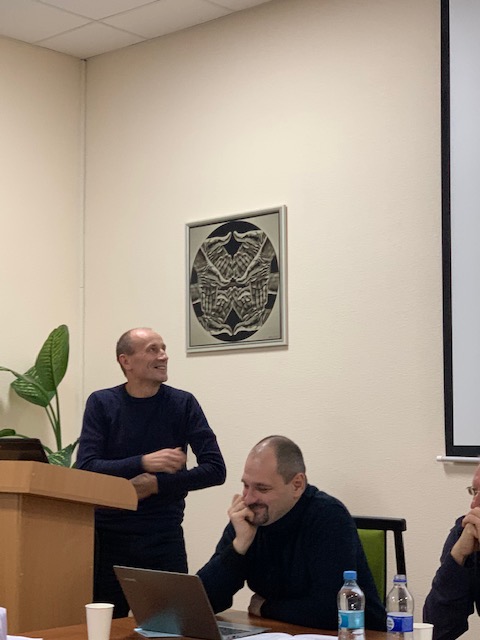
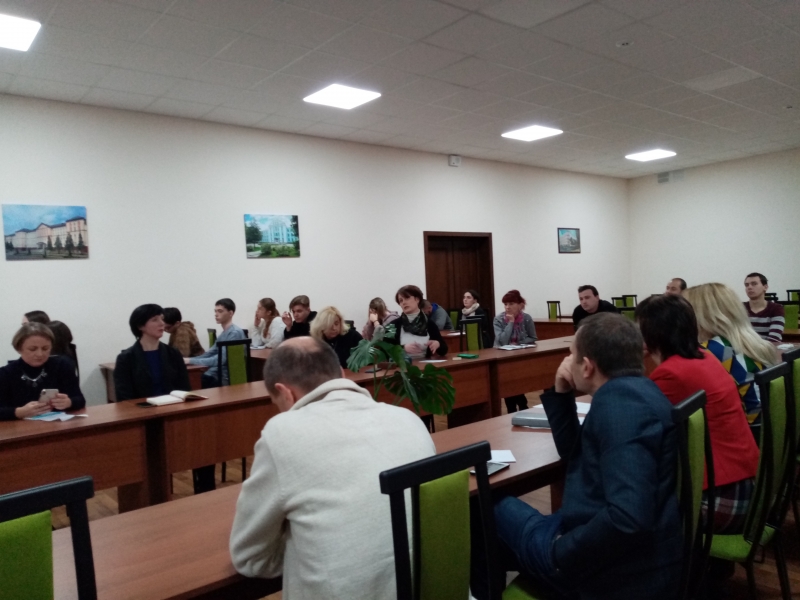
The topic of transformation of modern higher education became central at today's seminar; it was this topic that Professor of the National Pedagogical University named after M.P. Drahomanov Yuriy Chornomorets, devoted his speech. He emphasized the need to rethink the role and place of philosophy in the University at the beginning of the 21st century. In today's world, instructors need to be able to present philosophy as a relevant and necessary discipline for personal development.
In his scientific report, Professor Valeriy Zahorodniuk pointed to the importance of the humanistic dimension of modern science, which is achieved through philosophy. His words were of particular interest to the student audience. In particular, the thesis that Ukrainian education is no worse than Western education should be appreciated. Discussion raised the issue of the principle of "student-centeredness" as a new approach in higher education, the popular trend of "artificial intelligence" today, and "is there the one who orders the absence of critical thinking." The questions and answers of the speakers turned into an interesting discussion.
The report of the professor of the Department of International Relations and Social Sciences Volodymyr Kaluha was of great interest. He urged teachers to use philosophy as a means of fighting for the souls of young people. Academicism and references to authority are an integral part of modern higher education, but we must first of all rely on understanding from students.
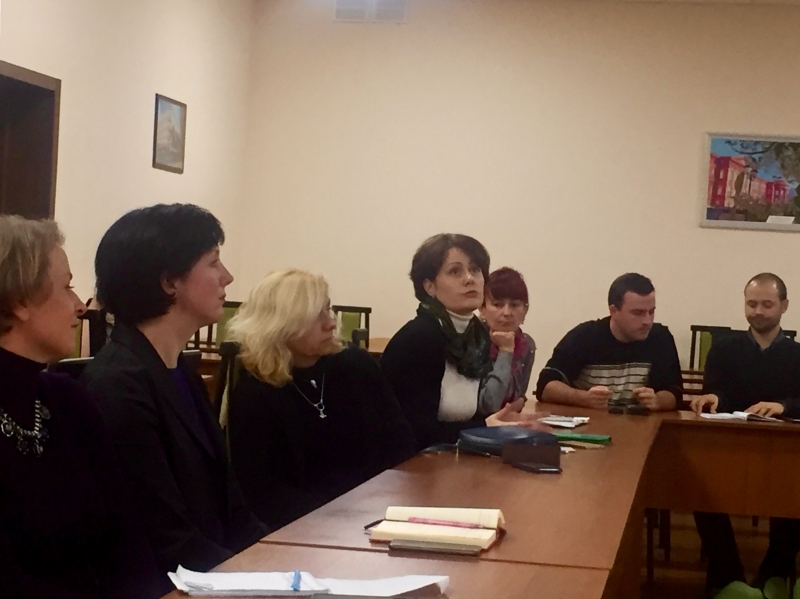
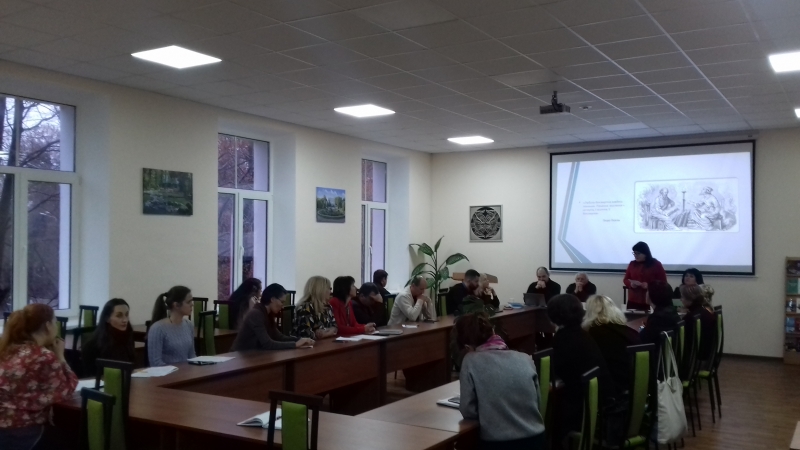

The current relevance of classical philosophical ideas in today's spiritual environment was touched upon by the head of the NULES of Ukraine, Department of Cultural Studies, Iryna Maidanyuk, professor of the philosophy department Svitlana Storozhuk, professor Svitlana Shkil, and all instructors and post-graduate students of the department of philosophy.
In general, the seminar raised many pressing issues regarding the state of modern philosophical science and education. All participants of the event felt responsible for preserving the humanistic potential of philosophy and passing it on to future generations.
Associate Professors of the Department of Philosophy
Andriy Samarskyi
Valentyna Kultenko



